Meme Reactions as Modern Commentary: Satire in the Digital Age
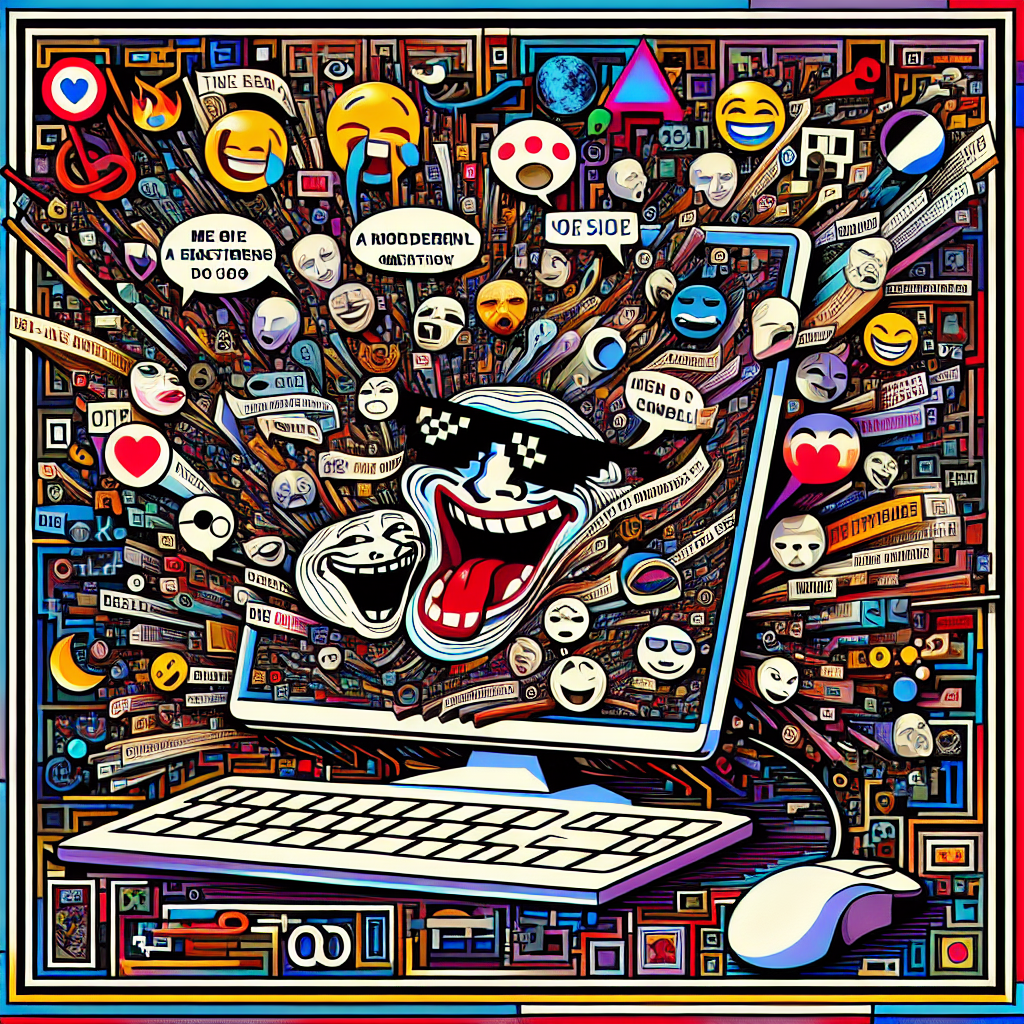
Table of Contents
- H1: Understanding Memes and Their Evolution
- H2: What is a Meme?
- H2: Historical Context
- H1: The Mechanics of Meme Reactions
- H2: How Memes Convey Commentary
- H3: The Use of Satire in Memes
- H2: Social Media and Meme Distribution
- H1: The Role of Memes in Public Discourse
- H2: Memes and the Political Landscape
- H3: Case Studies
- H2: The Ethical Considerations of Meme Usage
- H1: The Future of Memes as Commentary
- H2: The Evolving Role of Memes
- H2: Integration in Marketing and Branding
- H1: Conclusion: Memes as a Cultural Catalyst
- Internal Links
- External Links
In the rapidly evolving landscape of digital communication, memes have emerged as a powerful medium for commentary and satire. From simple images paired with text to complex videos, memes are reshaping how we discuss social issues, politics, and cultural phenomena. This article explores the role of meme reactions as modern commentary, delving into their significance, impact, and the intricate relationship they maintain with satire in today’s digital age.
H1: Understanding Memes and Their Evolution
H2: What is a Meme?
A meme is a replicateable cultural idea or behavior that spreads from person to person. In the internet era, memes primarily manifest as humorous images, videos, or text that evoke a specific response or emotion in the viewer. As defined by the Oxford English Dictionary, a meme is “an element of a culture or system of behavior passed from one individual to another by non-genetic means, especially imitation."
H2: Historical Context
The concept of memes was first introduced by British evolutionary biologist Richard Dawkins in his 1976 book, The Selfish Gene. Dawkins likened the spread of cultural ideas to genetic evolution, illustrating how concepts could propagate through society similarly to biological traits.
In the early 2000s, internet memes began to take shape, gaining popularity with platforms like Reddit and 4chan. They evolved from simple text jokes to sophisticated commentary on social and political issues, becoming a vital part of our digital lexicon.
H1: The Mechanics of Meme Reactions
H2: How Memes Convey Commentary
Memes serve as a form of visual shorthand, enabling rapid communication of complex ideas. They often juxtapose humor with important social commentary, allowing individuals to engage with critical themes without the weightiness that traditional media might provide. For example, memes about political figures often highlight their flaws in a satirical manner, prompting viewers to reflect critically on their decisions and actions.
H3: The Use of Satire in Memes
Satire is the use of humor, irony, or exaggeration to criticize or mock individuals or society. In the context of meme culture, satire allows creators to challenge established narratives and provoke thought. For instance, during election seasons, memes often mock candidates through exaggerated portrayals that resonate with audiences’ perceptions, effectively merging entertainment with political engagement.
H2: Social Media and Meme Distribution
The democratization of content on platforms like Twitter, Instagram, and TikTok has allowed memes to circulate widely and rapidly. This distribution method enables commentary to reach diverse audiences, fostering discussions that are often absent in mainstream media. Moreover, hashtags and trends ensure that specific memes remain relevant and engaging, as users collectively contribute to a larger conversation.
H1: The Role of Memes in Public Discourse
H2: Memes and the Political Landscape
Memes have become particularly influential in political discourse, serving both as tools for criticism and platforms for activism. During significant political events, such as the U.S. presidential elections or global protests, memes capture public sentiment and distill complex issues into digestible formats. Studies indicate that memes can significantly influence public opinion by framing narratives in ways that challenge mainstream media perspectives.
H3: Case Studies
-
The 2016 U.S. Presidential Election: Memes played a pivotal role in shaping perceptions of candidates. They often conveyed critical perspectives that amplified voter skepticism, particularly among younger demographics who primarily engage with information online.
- The Black Lives Matter Movement: Memes that highlighted systemic racism and police brutality became powerful storytelling tools, mobilizing support and awareness globally. Satirical memes stripped away the narrative shield often used in traditional journalism, presenting stark realities through a humorous lens.
H2: The Ethical Considerations of Meme Usage
While memes can effectively illuminate social issues, they also raise ethical questions regarding accuracy and sensitivity. Misinformation can spread rapidly through meme culture, leading to misunderstandings and potential harm. It is essential for creators and audiences to remain critical, discerning the intention and accuracy behind meme-driven narratives.
H1: The Future of Memes as Commentary
H2: The Evolving Role of Memes
As digital literacy increases, audiences are becoming more adept at recognizing and engaging with meme commentary. This evolution may lead to more sophisticated and nuanced works that balance humor with meaningful dialogue. Furthermore, as society grapples with new challenges—such as climate change, misinformation, and social justice—memes may continue to play a crucial role in shaping public discourse.
H2: Integration in Marketing and Branding
Businesses are increasingly leveraging meme culture to connect with audiences. By incorporating humor and relatability, brands can enhance their visibility and engagement, creating campaigns that resonate deeply with consumers. However, it is essential to tread carefully, ensuring that brand messaging aligns with cultural sentiments and does not appear disingenuous.
H1: Conclusion: Memes as a Cultural Catalyst
Meme reactions represent a unique blend of satire and digital commentary, offering audiences a profound way to engage with contemporary issues. By distilling complex themes into accessible formats, memes democratize discourse, inform public opinion, and amplify important social conversations. As we move forward into an increasingly digital world, understanding the impact and role of memes will be essential in navigating the landscape of contemporary commentary.
Internal Links
For more information on how digital marketing strategies can integrate contemporary trends, check out our guide on integrating memes into your marketing strategy. Additionally, explore our article on the impact of social media on public opinion for further insights into digital communication dynamics.
External Links
- For a deeper understanding of the historical context of memes, consider exploring the article on The Origins of the Meme.
- To examine how memes influence political and social discourse, refer to research on meme culture and public opinion.
Through careful analysis and engagement, we can harness the power of memes as catalysts for meaningful dialogue in our digital age.
Latest Posts
You Might Also Like

Lorem ipsum dolor sit amet, consectetur adipiscing elit. Ut elit tellus, luctus nec ullamcorper mattis, pulvinar dapibus leo.
TOP NEWS
Copyright © 2025 FunnyShowStreaming.site | All rights reserved.


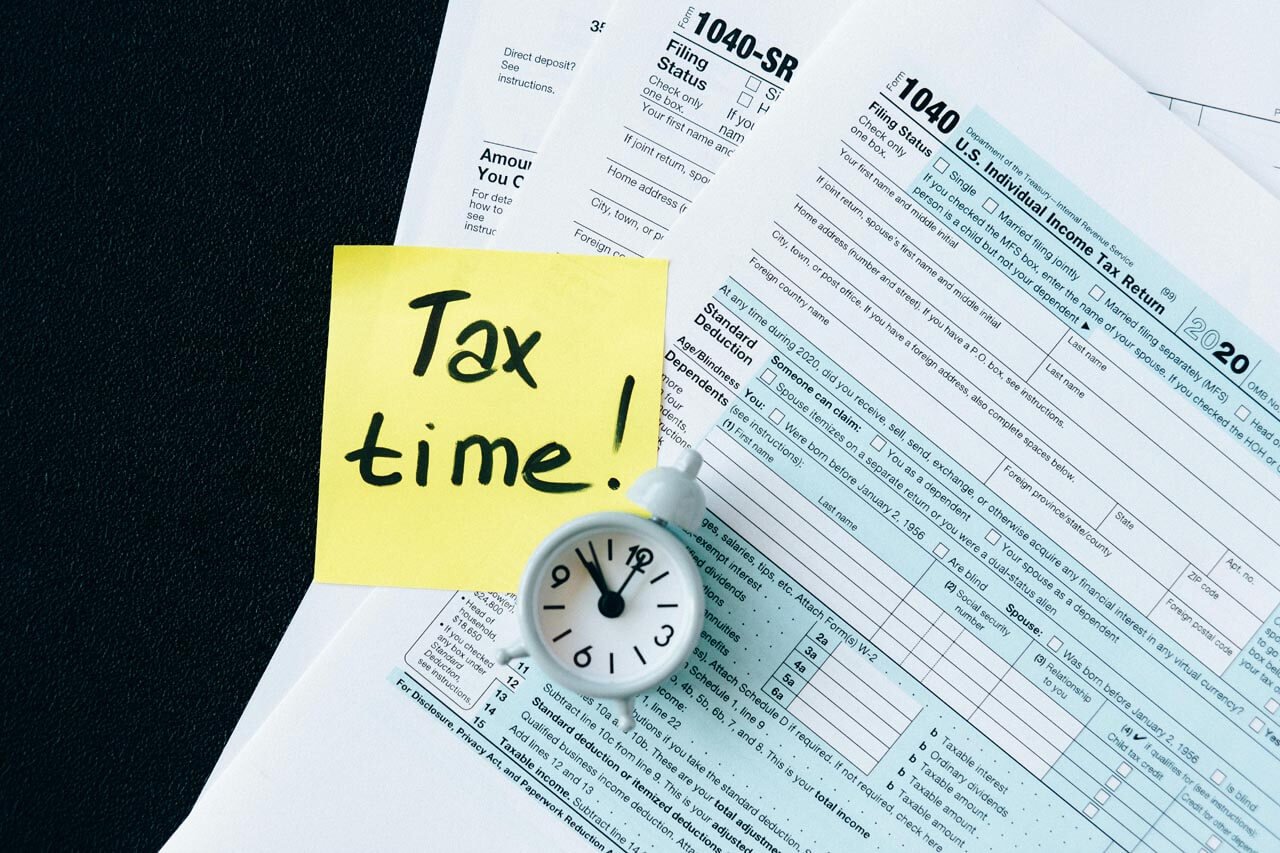
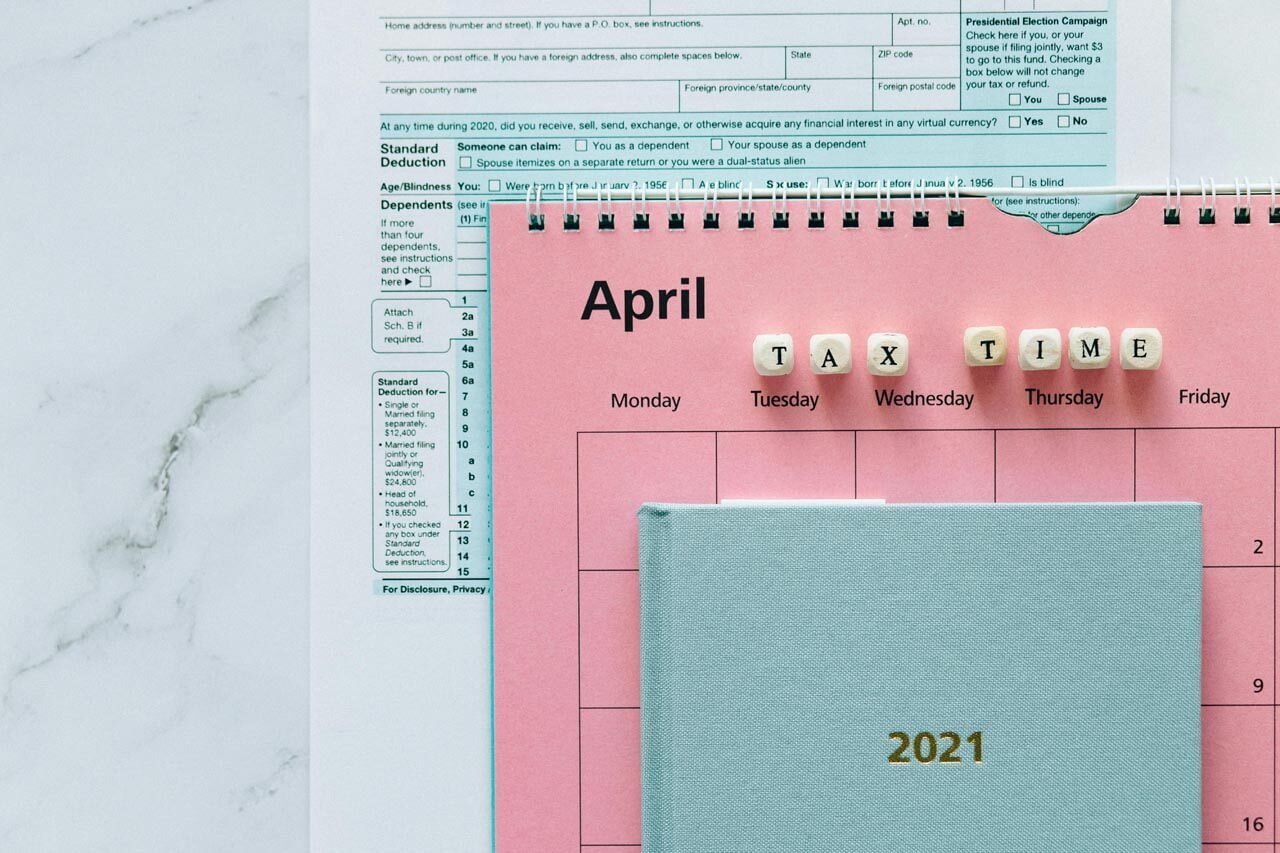

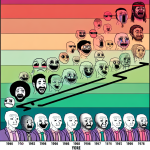







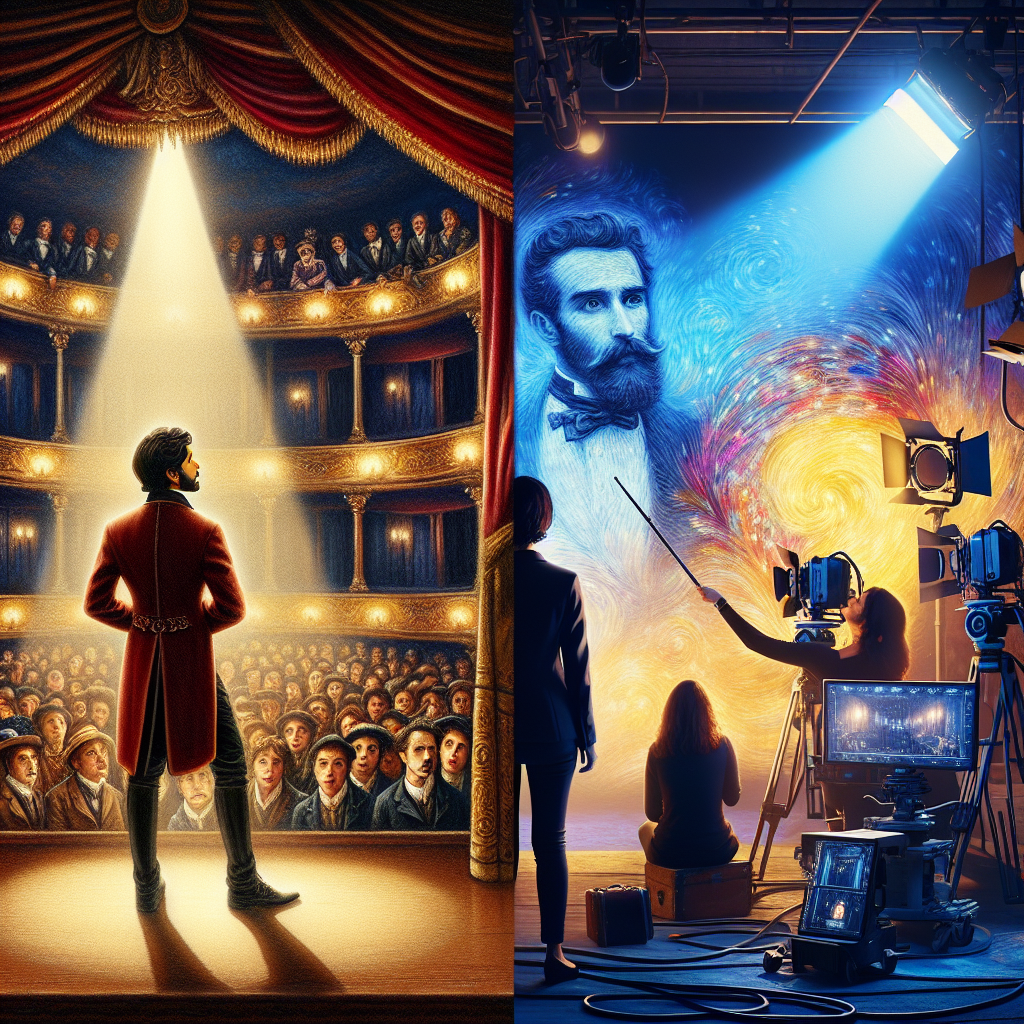
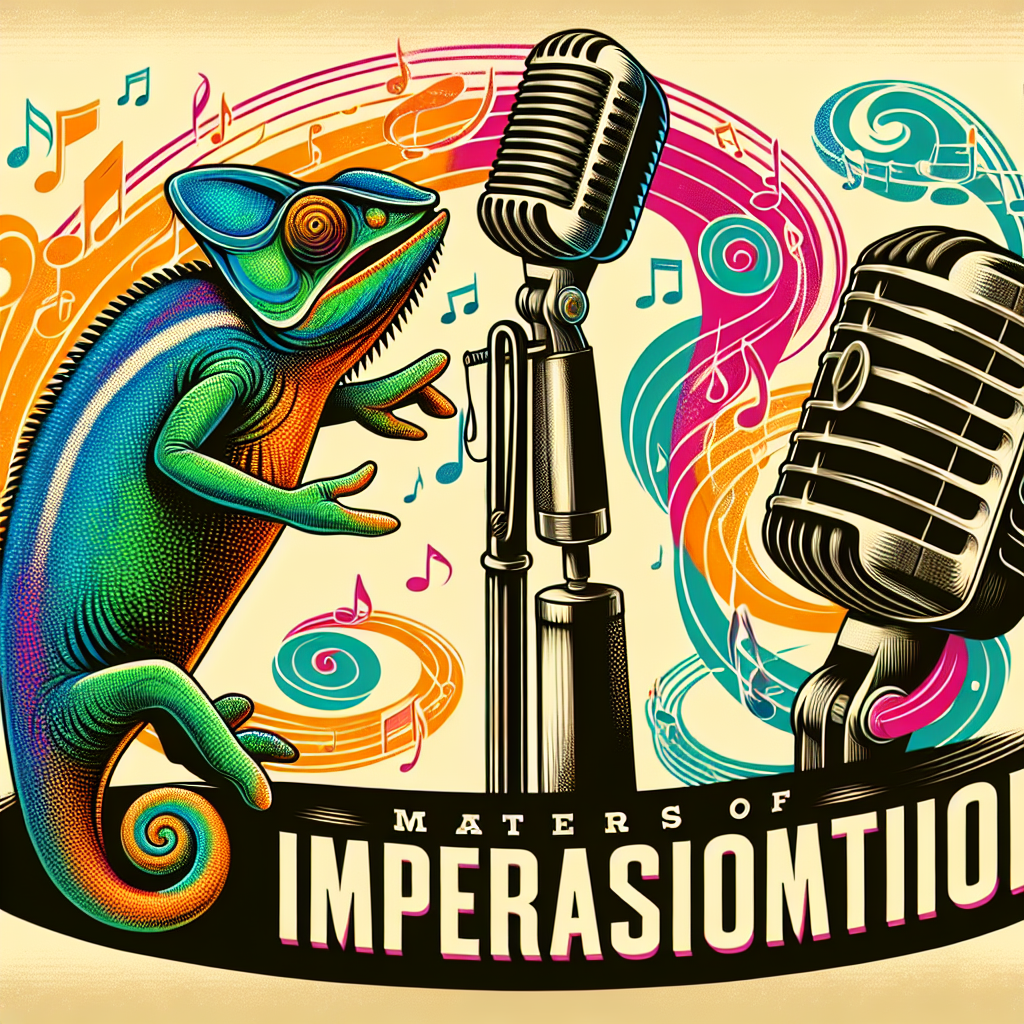
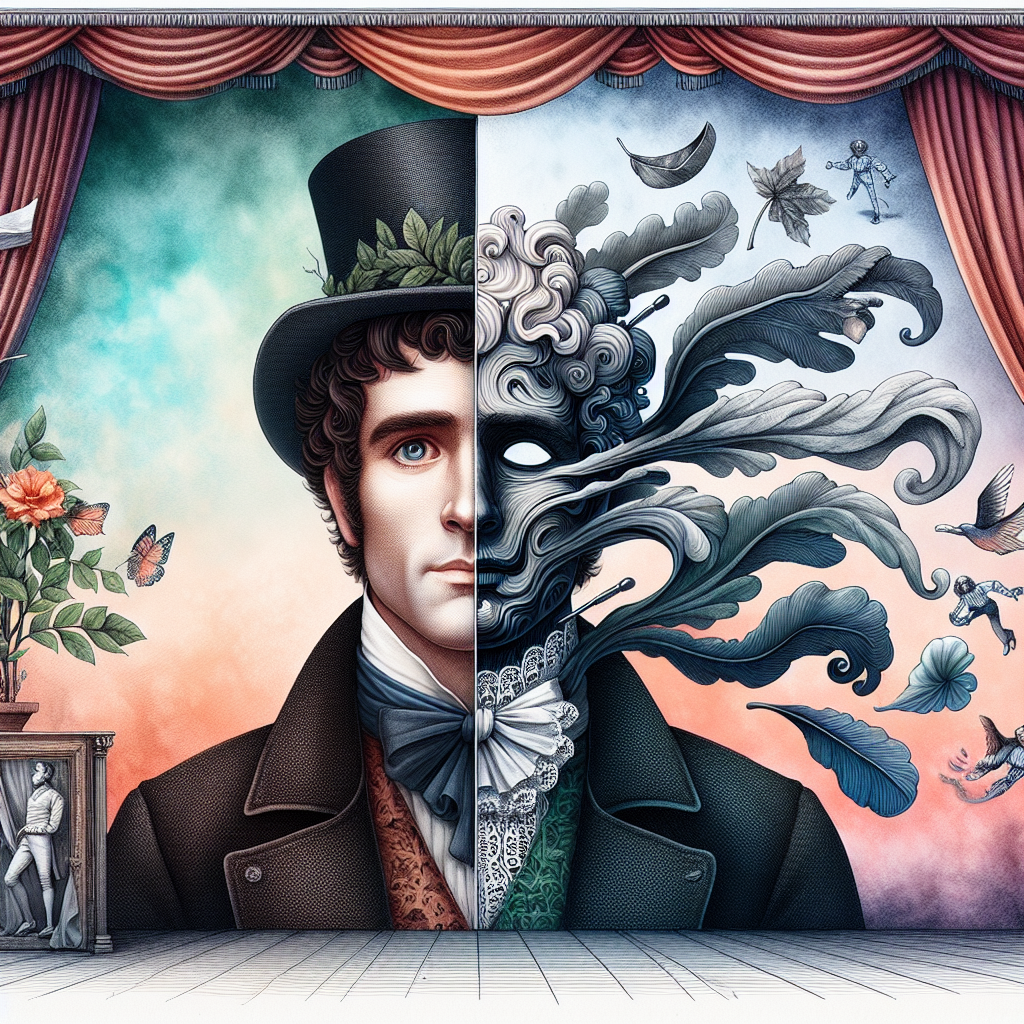



Comments are off for this post.